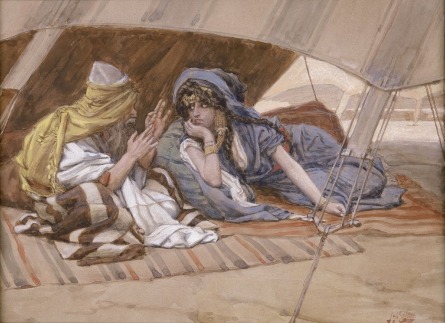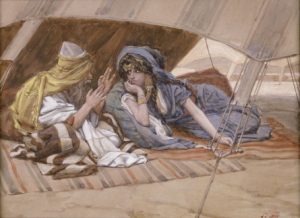by Bruce Okkema
The LORD answered Moses, “Walk on ahead of the people. Take with you some of the elders of Israel and take in your hand the staff with which you struck the Nile, and go. I will stand there before you by the rock at Sinai. Strike the rock, and water will come out of it for the people to drink.” So Moses did this in the sight of the elders of Israel. Exodus 17:5–6
Notice that God says, “….take in your hand the staff with which you struck the Nile.” This staff had also recently been turned into a serpent before Pharaoh’s eyes, and it had been stretched out to part the waters of the Red Sea. So the people would have immediately known that God was about to do something big.
For years Moses had used his staff in the deserts of Midian, leading his sheep and finding water for them. He may have even used it at times to strike rocks for water, because we know that in this area of the desert porous, water-bearing limestone was present which, with the crack of a sharp blow, could release a large flow of ground water. (1)
It was here at Mt. Sinai forty years earlier that God had spoken to Moses from the burning bush, calling him to lead the Israelites out of Egypt. Remember the story from Exodus 4, in which he questioned God saying,
“What if they do not believe me or listen to me and say, `The LORD did not appear to you’? Then the LORD said to him, ‘What is that in your hand?’ … ’A staff’ he replied … The Lord said, ‘… take this staff in your hand so you can perform miraculous signs with it.”
Is it a coincidence that in both cases, Moses was pleading with the Lord about what to do with the people? Is it a coincidence, that in these cases, God used this staff to work miracles relating to water and deliverance? Of course we know that the Lord can do any miracle by simply speaking a word if he chooses too, but in this case, he added to the impact by choosing a visible symbol which recurs throughout Scripture.
Ultimately, it points to his to his power and kingship in Jesus, the source of all living water!
The scepter will not depart from Judah, nor the ruler’s staff from between his feet, until he comes to whom it belongs and the obedience of the nations is His.
Genesis 49:10
(1) JPS Torah Commentary on Exodus, N. Sarna, p 94.

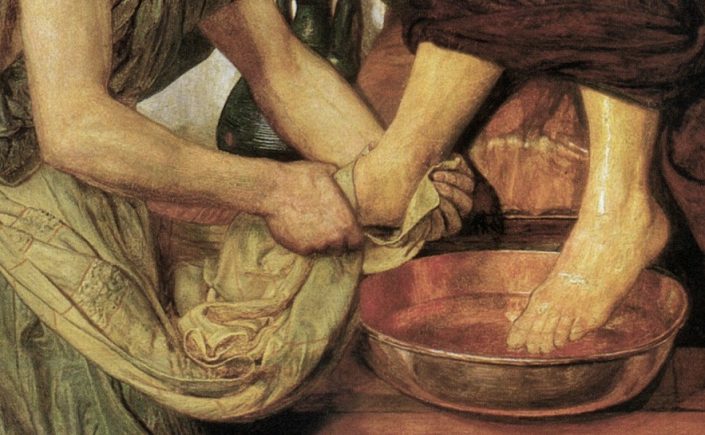
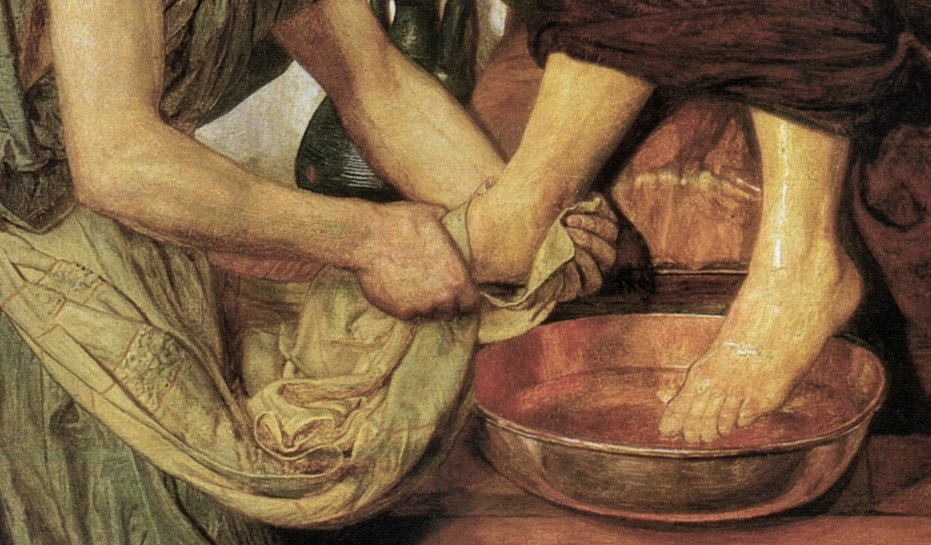
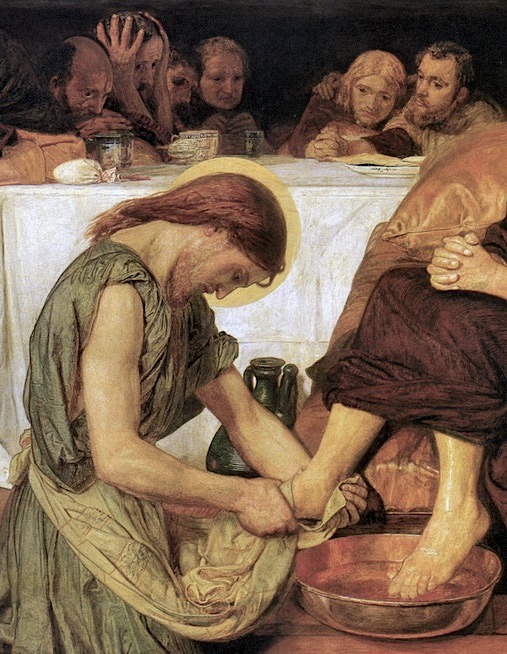
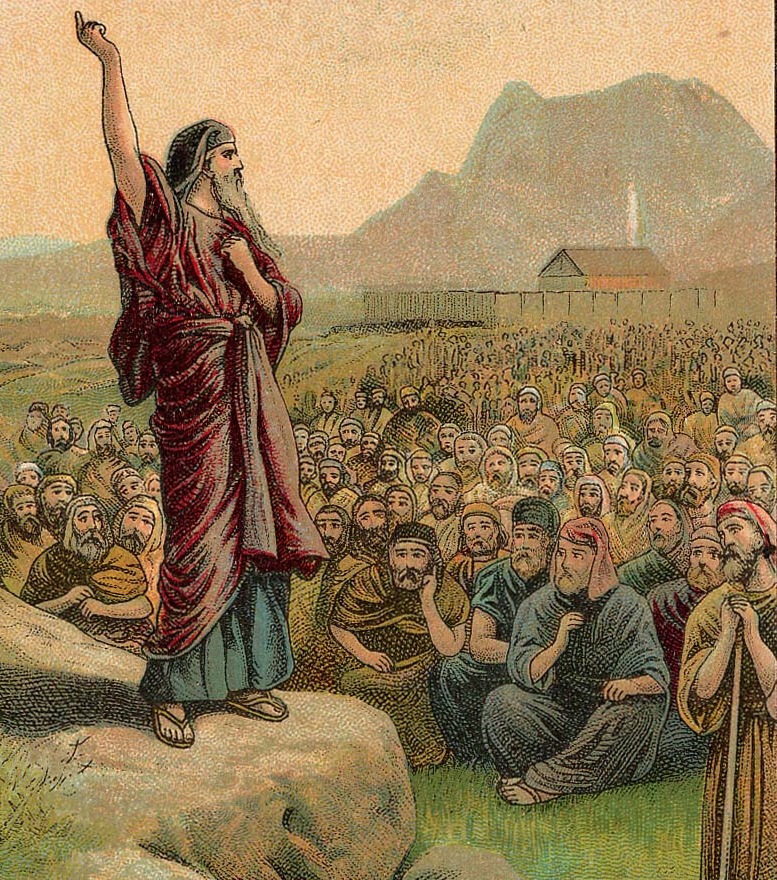
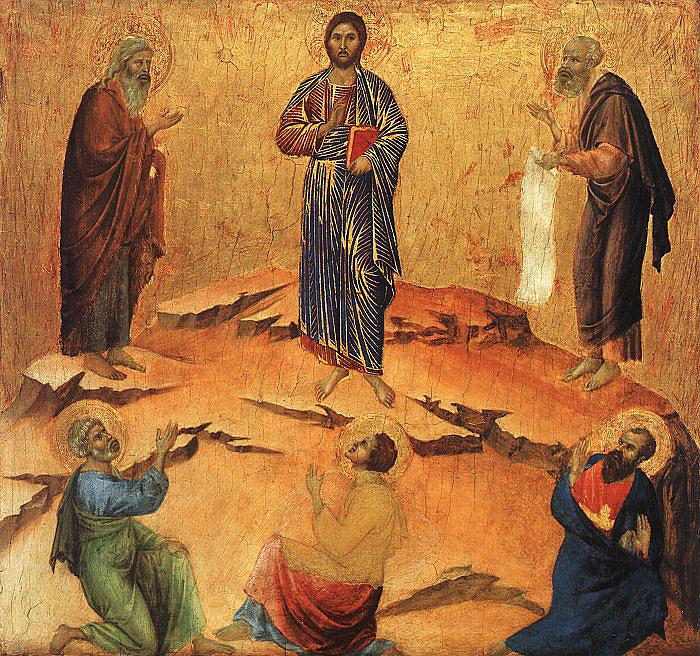
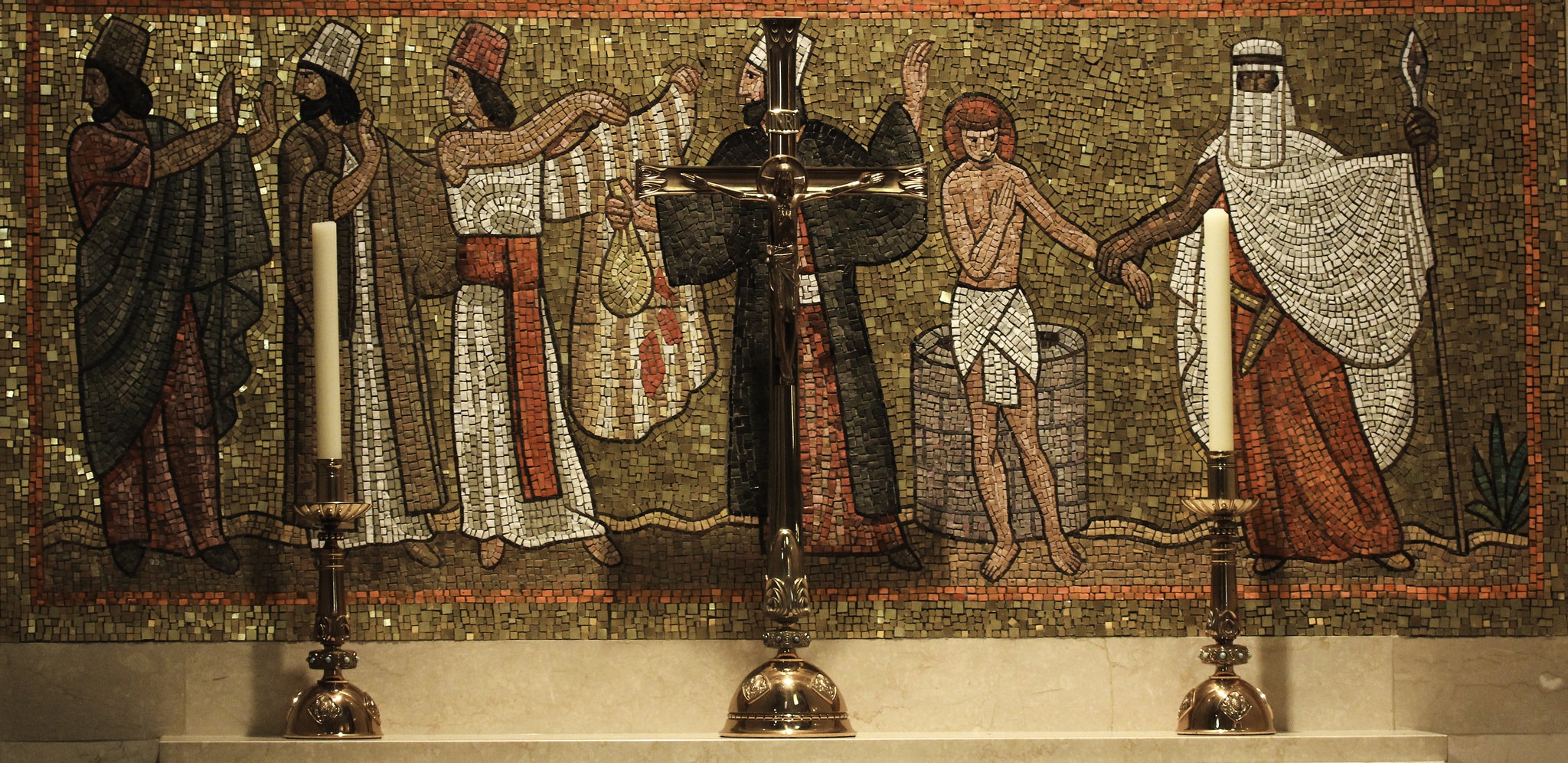
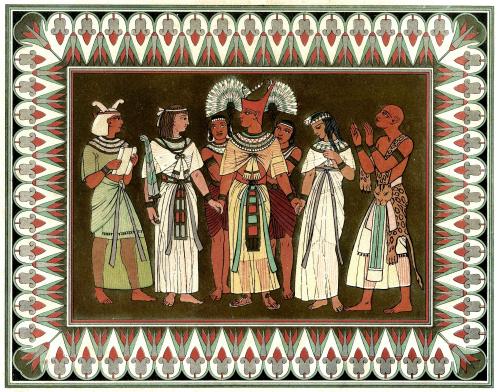
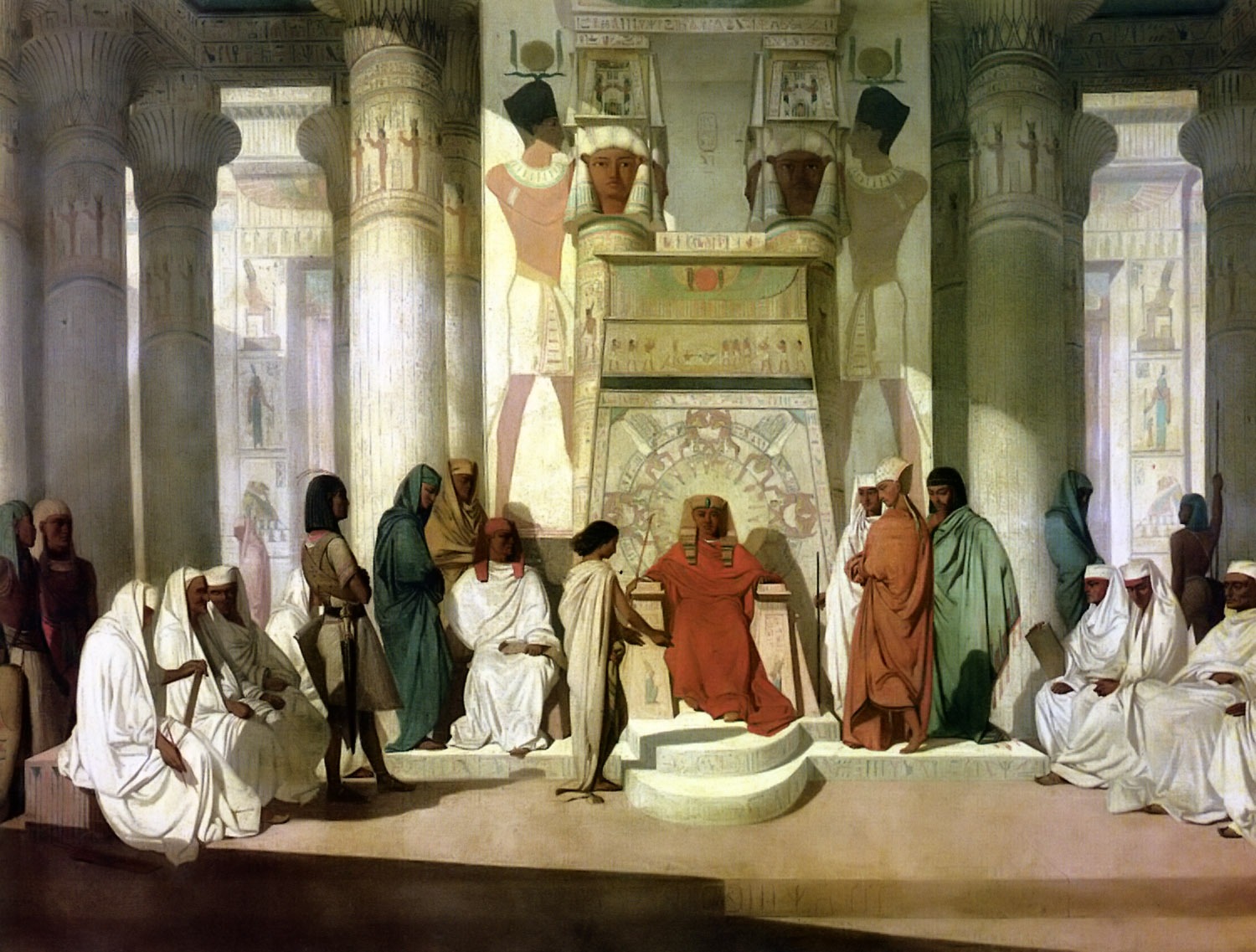
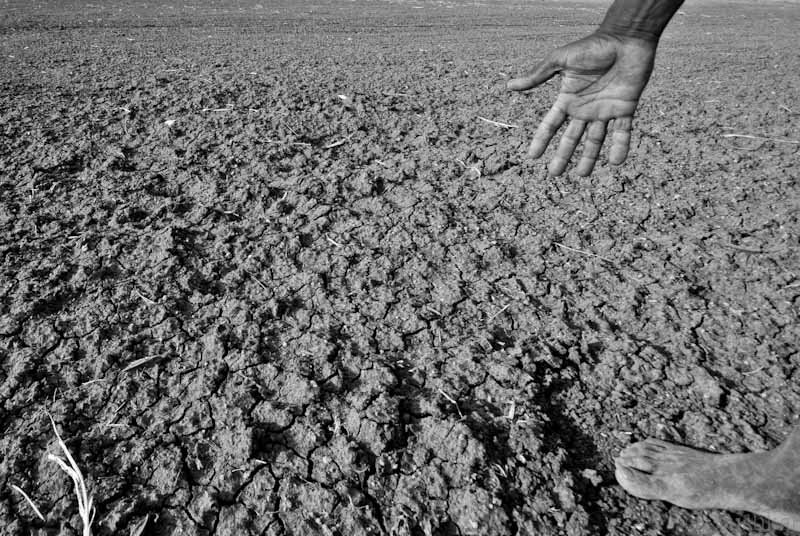
 While most know the truth of this economically, we should also think about this idea of “storing up a harvest” in times of abundance in other ways. We also should consider our relationships and our faith in God. Do we realize that our children will grow up and leave home, our friends may move away, and our parents will die someday? Do we know that it is almost inevitable that we will go through times of discouragement and a struggle for faith?
While most know the truth of this economically, we should also think about this idea of “storing up a harvest” in times of abundance in other ways. We also should consider our relationships and our faith in God. Do we realize that our children will grow up and leave home, our friends may move away, and our parents will die someday? Do we know that it is almost inevitable that we will go through times of discouragement and a struggle for faith?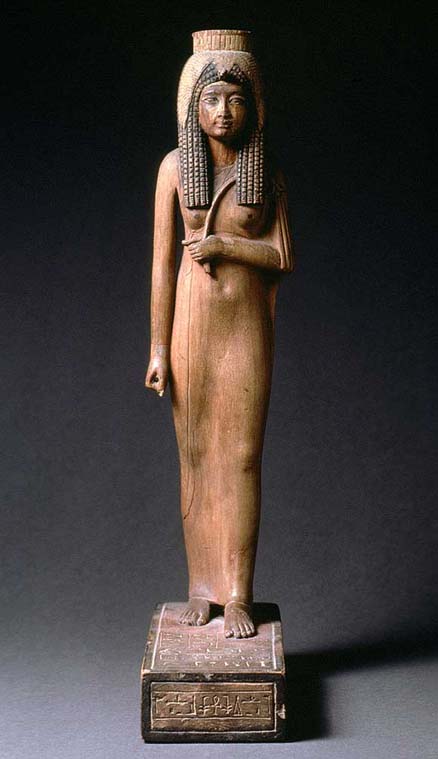

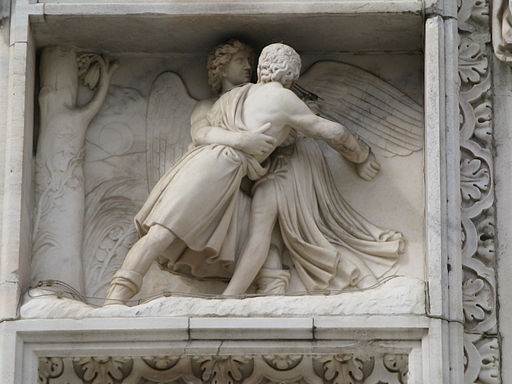 An interesting pattern emerges as we read the stories of Isaac and Jacob carefully. Both of these men had encounters with God, and interestingly, the encounters usually happened when they were traveling into or out of the Promised Land.
An interesting pattern emerges as we read the stories of Isaac and Jacob carefully. Both of these men had encounters with God, and interestingly, the encounters usually happened when they were traveling into or out of the Promised Land.
